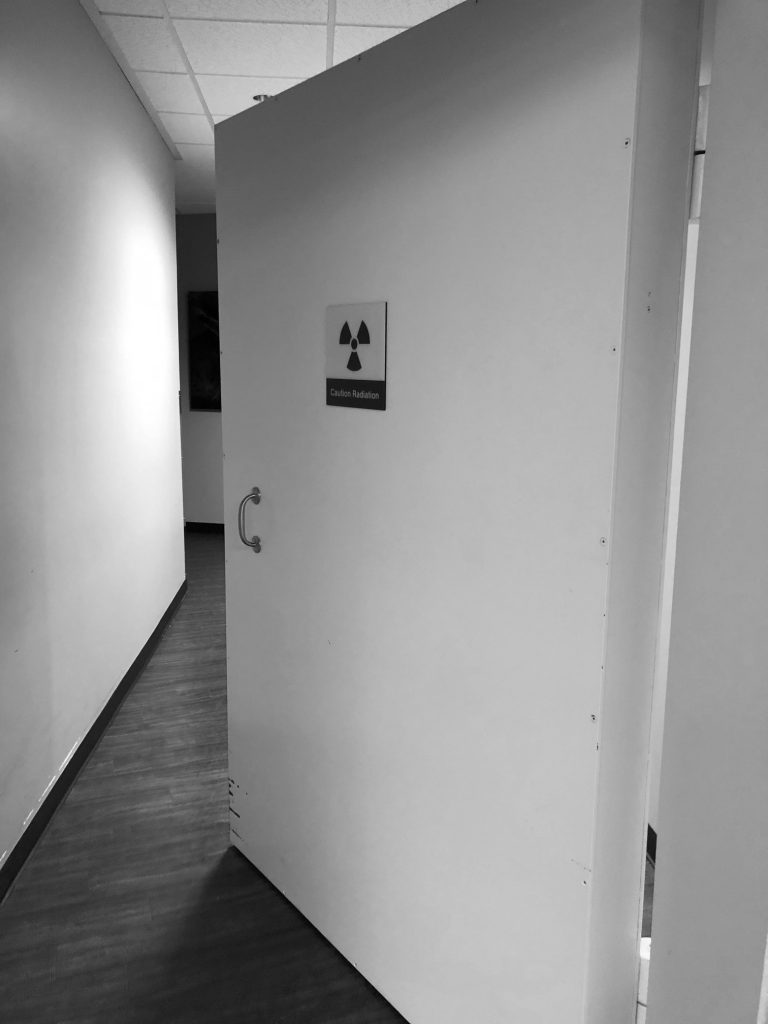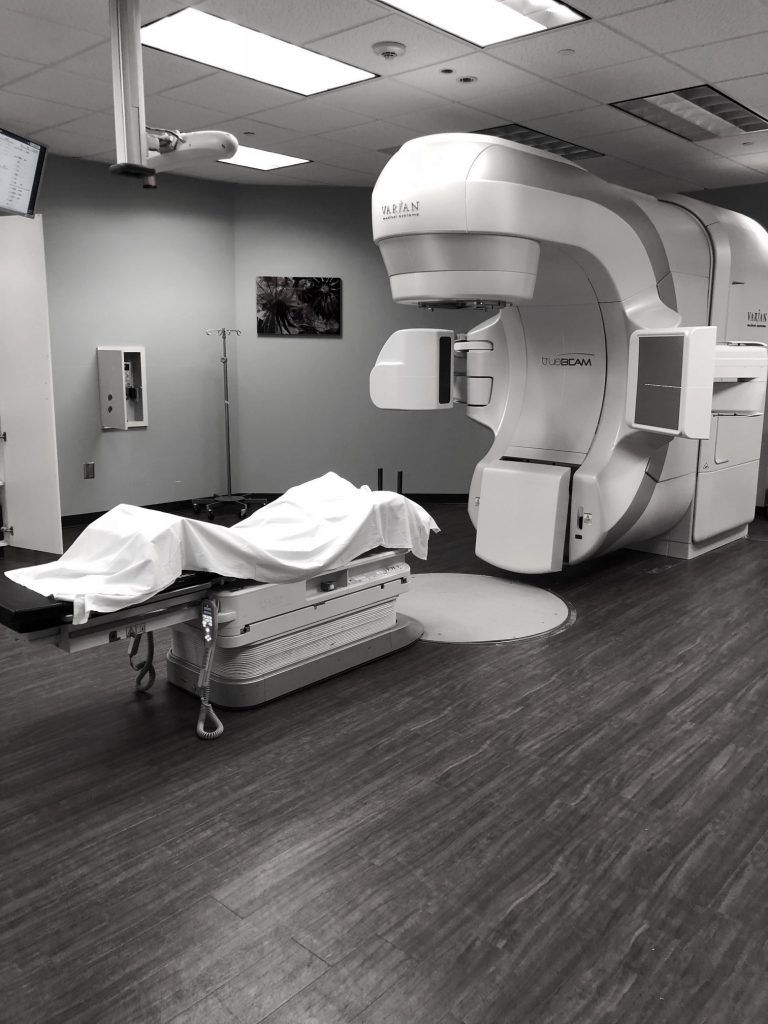Questions to Ask Your Medical Providers
A cancer diagnosis is often overwhelming, and before women have even had much of a chance to digest this gigantic blow, they find themselves sitting in exam room after exam room. They have to meet with breast surgeons, oncologists, plastic surgeons, and radiologists; and often times these necessary appointments occur at a time when their minds have gone dancing off in the background with fear. These newly diagnosed women haven’t even begun to wrap their heads around the gravity of the words: “cancer is inside of me.” Cancer and the fears that the word elicits start monopolizing one’s thoughts, and it can be hard to focus and think methodically and logically when your entire world has just been turned upside down. Yet, these meetings with your medical providers are critical in understanding both your cancer and your treatment options. To maximize your chances for a favorable prognosis and to minimize your chances of recurrence, it’s essential that you understand what is going on and what your options are. So, to help prevent your head from spinning and to keep from hearing Charlie Brown’s teacher talking on a continuous loop, here are some suggestions.
- Bring a loved one with you to these meetings. Having an extra set of ears and brain available can maximize the amount of information that you can absorb.
- Bring a list of questions to help you stay focused and on track
Here are some of the questions that I personally brought with me, along with links to a few others:
Breast Surgeon:
- What kind of cancer do I have? Is it in the lobules or ducts? Is it contained inside it (DCIS) or is it invasive?
- Is it estrogen and progesterone positive or negative? What about HER2? What does that mean and how will it affect treatment?
- What’s the tumor’s size?
- What stage of cancer is it?
- What’s the recommended treatment plan? Lumpectomy or mastectomy? Advantages/disadvantages?
- Explain Sentinel Node Biopsy? Will they perform one?
- How many lymph nodes (if any) could possibly be removed? Risks?
- When will I have surgery? How long will hospital stay be?
- What is the follow-up care look like?
- Explain recovery.
- Referrals to oncologist, radiologist, plastic surgeon? When does that fit into the plan?
- Will I need radiation or chemo?
- How will the treatment plan that’s recommended affect my prognosis?
- How long do they suspect that the cancer has been there?
- If hormone sensitive, should I stop taking birth control (if applicable)? Other medicines?
- Pregnancy… how will this affect fertility?
- Will I have drains? How many? How long? What does care and recovery look like with them? Who removes the drains?
- If having a mastectomy, what is their recommendation regarding nipple sparing? Advantages/disadvantages?
For more questions, read these 15 questions to ask your surgeon about a mastectomy.
Plastic Surgeon:
- When will they perform surgery? Will it be at the same time as breast surgery?
- What kind of reconstruction do they recommend?
- What are the risks?
- If doing tissue expanders, when will they begin injections? How frequently? How long?
- When will they switch expanders for implants?
- Are there any conflicts with reconstruction and radiation or chemo?
- What is capsular contracture?
- What number can I call if there’s ever an urgent concern?
For more information, read these 5 questions to ask your plastic surgeon or read these questions to ask your surgeon about breast reconstruction.
Oncologist:
- Why do I need chemo? How big was the tumor in lymph node?
- What kind of chemo will I have?
- When will I start?
- Frequency of injections? Duration? How many treatments required?
- Will I get a port? When? How? Who do I call for that?
- Side effects of treatment? How to combat some of the side effects?
- What is an oncotype test? When should a patient have it done? And is that applicable to me? If so, does it change course of treatment?
- How will chemo reduce risk of recurrence and enhance my prognosis?
- Will I need to take any medicine afterwards?
- Any medications that I’m currently on that I may need to stop or change?
- How will this affect my fertility?
- How will they monitor my white blood cells? Will I need a shot or medicine of some kind to jump start the production of white blood cells?
- Should I eat or not eat prior to treatment?
- What does follow-up care entail?
Radiologist:
- Why do I need radiation? What data suggests that it’s in my best medical interest?
- How will radiation reduce risk of recurrence and enhance my prognosis?
- How does this compare to my prognosis if I do nothing?
- How does the procedure work?
- When should I be expected to begin treatment? Duration of each treatment?
- How many treatments will I require? How frequently are they?
- What are some side effects and how can I manage them?
- What are any long-term side effects?
- Does radiation increase your risk for lymphedema?
- Any medications that I need to stop taking during course of treatment?

